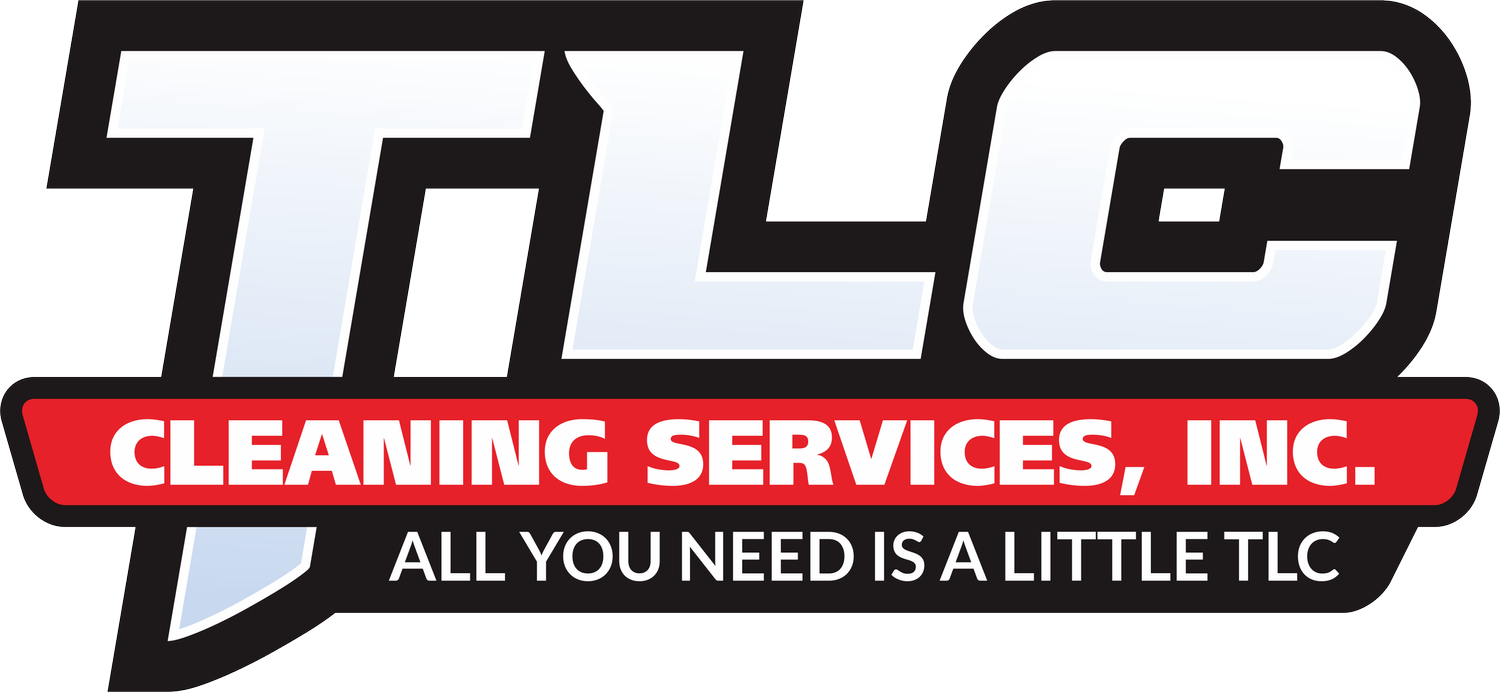House Pressure Washing
You probably know that keeping your home looking its best requires regular cleaning. However, the toughest stains and grime sometimes require the intervention of special equipment or expert help, like soft washing or pressure washing. Soft washing and pressure washing typically use the same tools, but they differ in fundamental ways that make them appropriate for some tasks and not for others.
Pressure Washing FAQs
-
When paint, mold, algae, mildew, and stains prove to be beyond the reach of scrubbing or household cleaning solutions, it might be time to turn to pressurized water. For more fragile surfaces, or those involving adhesives, soft washing is the best way to achieve a new sheen without harming delicate areas. Highly durable materials, such as concrete, can be pressure washed into looking pristine.
-
A soft wash incorporates special low-pressure nozzles on the end of a pressure washing gun or wand. Soft washing involves using a biodegradable chemical that removes the biological elements (mold, algae, pollen, dirt, moss) and other stains without damaging surfaces on your home or killing your plants.
Not only does the soft washing method clean surfaces, such as your roof, deck, patio, siding, or fence, safely and thoroughly, it also maintains paint and masonry longer.
-
Traditionally used for exterior cleaning jobs, a pressure wash cleans by spraying water at a very high PSI—much higher than that of the soft washer. Available in electric or gas-powered models, the PSI for a pressure wash can range from 1300-3100 PSI. Like soft washing, pressure washing also uses cleaning solutions to help wash away grime and dirt. Some models, like the soft washers, have nozzles to change the shape the spray makes (and increase or decrease pressure as needed).
The only parts of your home that you should pressure wash at full bore (4000 psi) are those made of concrete, using a surface cleaner that defuses pressure through two nozzles.
-
Power washing is identical to pressure washing, except the water is heated. This can make a big difference, as there are few more powerful grime fighters than a blast of high-pressure water at temperatures that break down organic matter in a flash.
-
You should decide whether to soft wash or a pressure wash based on what you need to clean. While it’s extremely efficient, the strength of pressure washing can damage many surfaces.
-
Concrete driveways
Treated wooden decks
Vehicles
-
Vinyl, cedar shake, or wood panel siding
Roofs
Paver, brick and tile
Stucco


